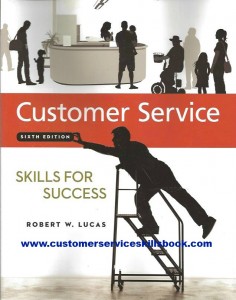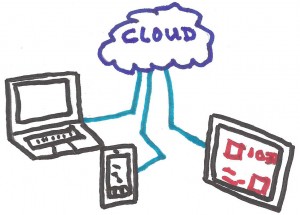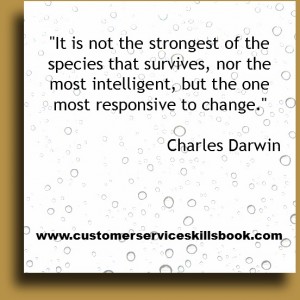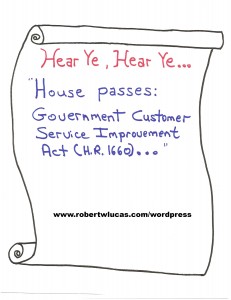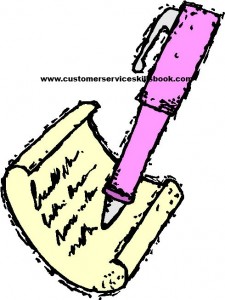More Typical Customer Contact Center Representative Competencies
In a previous blog article, I discussed crucial competencies call center and customer care 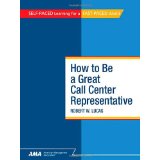 center applicants and employees must possess to be successful when interacting with customers. In this article, I share more typical customer contact center representative competencies. I do this because I believe that it is essential that call center/customer care center personnel have strong interpersonal communication skills, be organized, able to problem solve, and have a strong sense of the importance of their function as the “face” of the organization.
center applicants and employees must possess to be successful when interacting with customers. In this article, I share more typical customer contact center representative competencies. I do this because I believe that it is essential that call center/customer care center personnel have strong interpersonal communication skills, be organized, able to problem solve, and have a strong sense of the importance of their function as the “face” of the organization.
It is essential that call center/customer care center personnel have strong interpersonal communication skills, be organized, able to problem solve, and have a strong sense of the importance of their function as the “face” of the organization. The following are additional common competencies that employers look for in applicants desiring to work in a call center/customer care center. These are listed in alphabetical order and vary in importance depending on the organizational mission.
The following are additional common competencies that employers look for in applicants desiring to work in a call center/customer care center. These are listed in alphabetical order and vary in importance depending on the organizational mission.
Multitasking/Managing multiple priorities or assignments simultaneously. Ability to receive customer information via the telephone while inputting data on the computer.
Negotiating effectively. Ability to identify customer needs, wants and expectations and then meet them through the negotiation of appropriate alternatives, when necessary.
Organizational skills. Ability to assemble and maintain information and data using a logical system using software or hard files where it can be readily accessed by the employee and others.
Peer coaching. Ability to offer support and guidance to employees and others, when required or appropriate.
Problem-solving. Ability to identify a root cause for a problem or issue through effective questioning and application of appropriate interventions to address them.
Teaming. Ability to work with diverse employees and contribute to team tack accomplishment.
Technical literacy. Knowledge and ability to learn and use a common call center or customer contact center, and basic office software and equipment, to accomplish routine job tasks.
Time management. Ability to use time and resources to address assigned tasks and customer issues.
For additional call center/customer care center competencies, ideas, techniques and strategies for enhancing customer relationships, and information on ways to build solid interpersonal communication skills, check out How to Be a Great Call Center Representative. In this self-study course book, you will find hundreds of powerful ideas for improving knowledge and skills that can aid in meeting customer needs, wants and expectations and lead to greater customer satisfaction and retention. You also receive a certificate from the renowned American Management Association.

